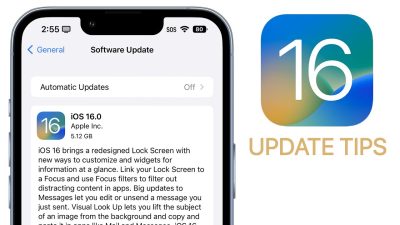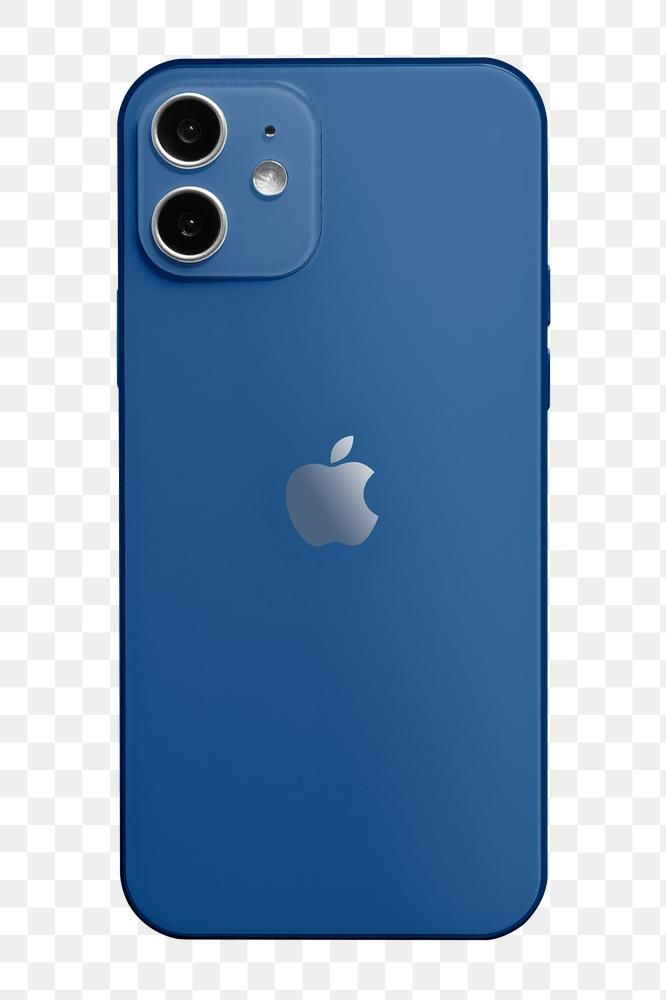
The iPhone is more than just a smartphone; it’s an ecosystem. At the heart of this ecosystem lies its software, a carefully crafted blend of operating system, applications, and services that work together to deliver a seamless and intuitive user experience. Understanding the intricacies of iPhone software, including iOS, iPhone apps, and Apple software, is crucial to appreciating the device’s capabilities and potential. This article delves into the world of iPhone software, exploring its key components, attributes, and future trends. We’ll examine how Apple’s software design contributes to the iPhone’s popularity and user satisfaction.
The Foundation: Understanding iOS. iOS is the heart and soul of every iPhone. It’s the operating system that dictates how you interact with your device, from the home screen to the settings menu. Apple’s commitment to regular updates ensures that iPhones receive the latest attributes, security patches, and performance improvements. These updates are often seamless, contributing to the longevity and sustained performance of iPhones. The user-friendly interface of iOS is a key factor in its widespread appeal. Its intuitive design makes it easy for users of all ages and technical backgrounds to navigate and utilize the device’s attributes. Apple’s consistent design language across its devices also creates a sense of familiarity for users who own multiple Apple products.
The App Store Ecosystem: A World of iPhone Apps. The App Store is a treasure trove of iPhone apps, offering millions of options to cater to every conceivable need and interest. From productivity tools and games to social media platforms and educational resources, the App Store offers a vast selection of apps that enhance the iPhone experience. Apple’s stringent app review process ensures that apps available on the App Store meet certain quality and security standards. This helps to protect users from malicious software and ensures a consistent level of performance. The App Store’s search and discovery attributes make it easy for users to find the apps they need. User reviews and ratings offer valuable insights into the quality and functionality of varied apps.
Apple Software: Beyond the Basics. Beyond iOS and the App Store, Apple offers a suite of software applications designed to seamlessly integrate with the iPhone. These apps, such as iMessage, FaceTime, and iCloud, enhance communication, collaboration, and data management. iMessage and FaceTime offer secure and reliable communication channels for iPhone users. iCloud allows users to back up their data, sync files across devices, and share text with others. Apple’s commitment to privacy is evident in its software design. attributes like end-to-end encryption and data minimization help to protect user information.
The Power of Integration: Hardware and Software Harmony. One of the key strengths of the iPhone is the tight integration between its hardware and software. Apple designs both the hardware and software for its devices, allowing for a level of optimization that is difficult for other manufacturers to achieve. This integration outcomes in smoother performance, longer battery life, and a more seamless user experience. Apple’s custom-designed chips are specifically maximized for iOS. This allows the iPhone to deliver exceptional performance in demanding tasks such as gaming, video editing, and augmented reality. The close integration between hardware and software also enables Apple to implement advanced attributes such as Face ID and Animoji.
Related Post : sofwer editing video
The Future of iPhone Software: Innovation and Beyond. The future of iPhone software is bright, with Apple constantly pushing the boundaries of innovation. Emerging technologies such as artificial intelligence (AI), augmented reality (AR), and machine learning (ML) are poised to transform the iPhone experience. AI-powered attributes such as Siri and intelligent photo editing are becoming increasingly sophisticated. AR apps are creating new and immersive experiences for gaming, education, and commerce. Apple’s commitment to study and development ensures that the iPhone will continue to be at the forefront of mobile technology.
In conclusion, the iPhone’s software ecosystem, encompassing iOS, iPhone apps, and Apple software, is a significant factor in its popularity and user satisfaction. Regular updates, a vast app store, and tight hardware-software integration contribute to a seamless and enjoyable user experience. As Apple continues to innovate, the future of iPhone software looks promising, with potential advancements in AI, AR, and other emerging technologies.












